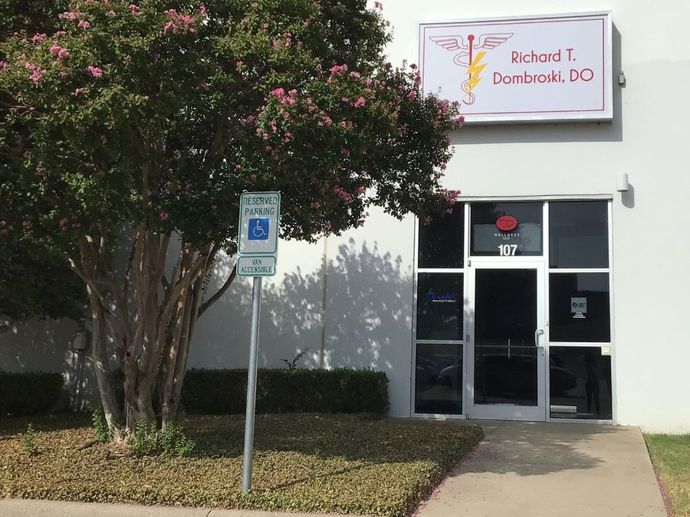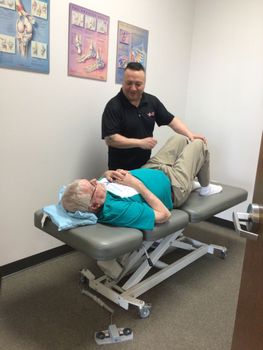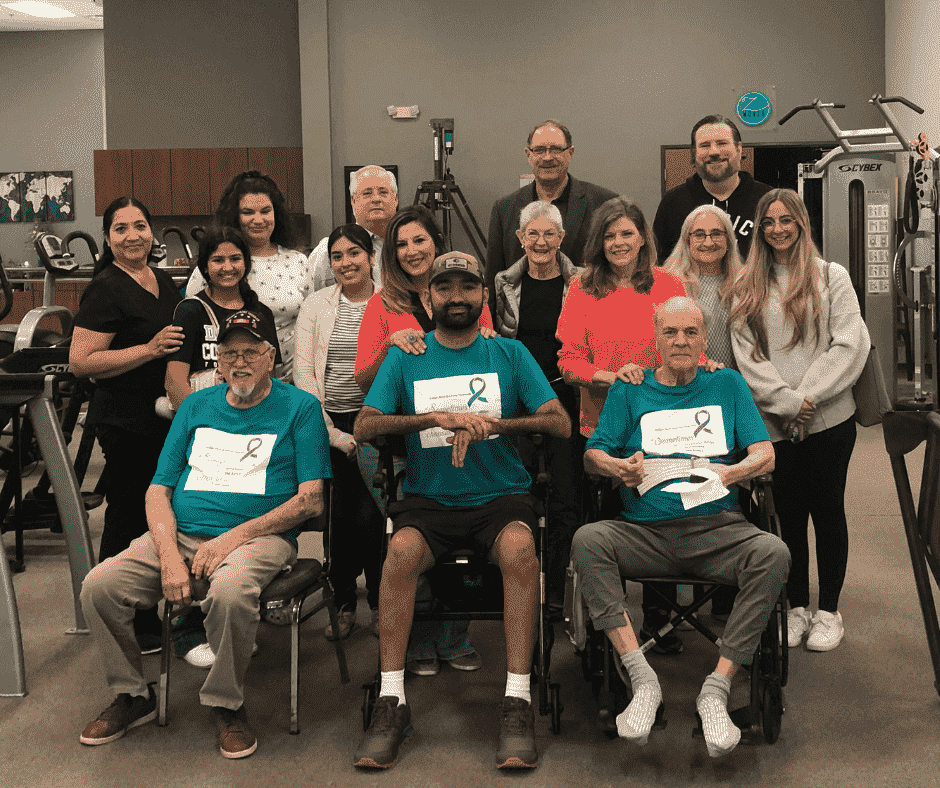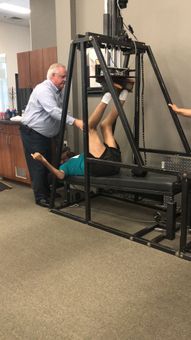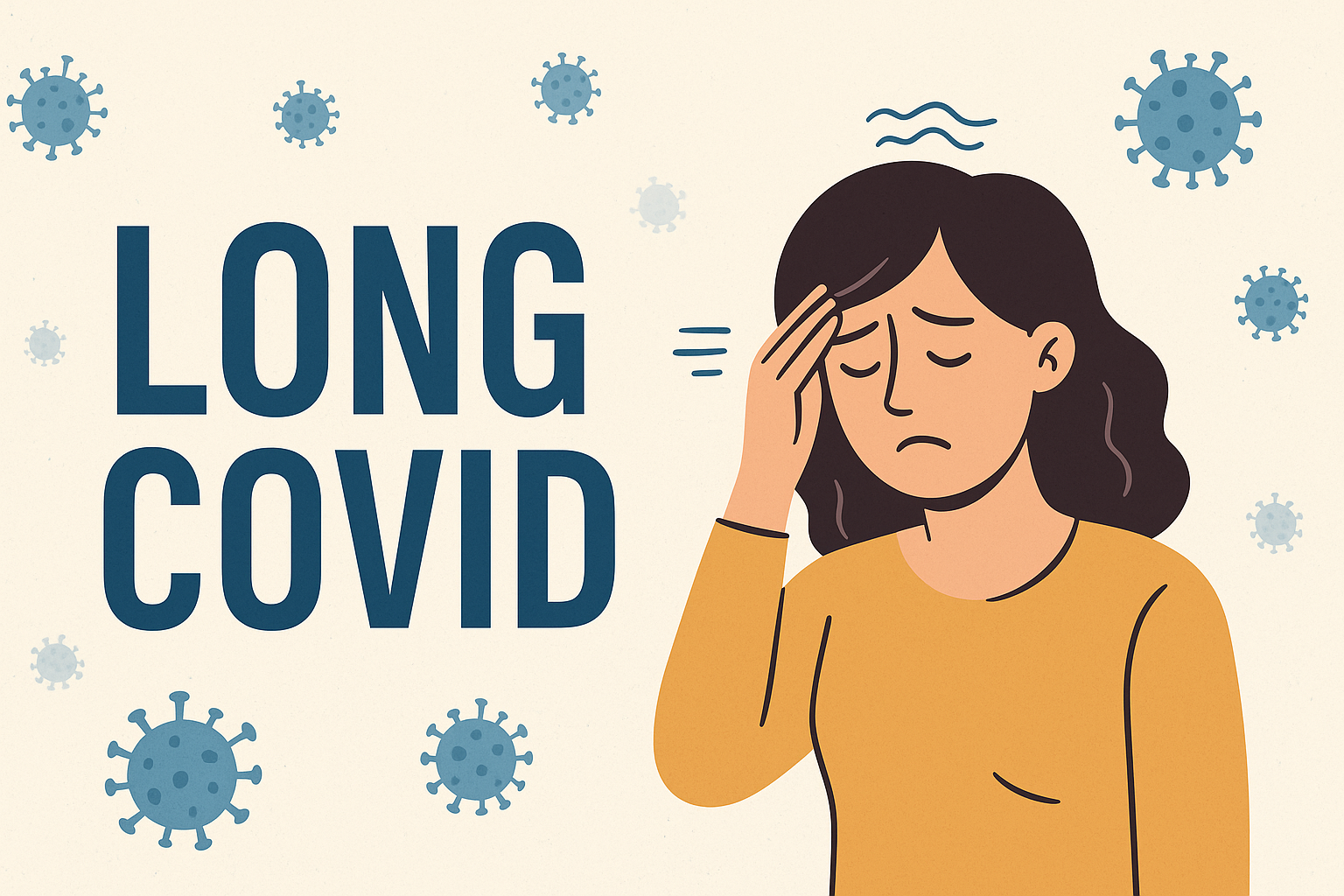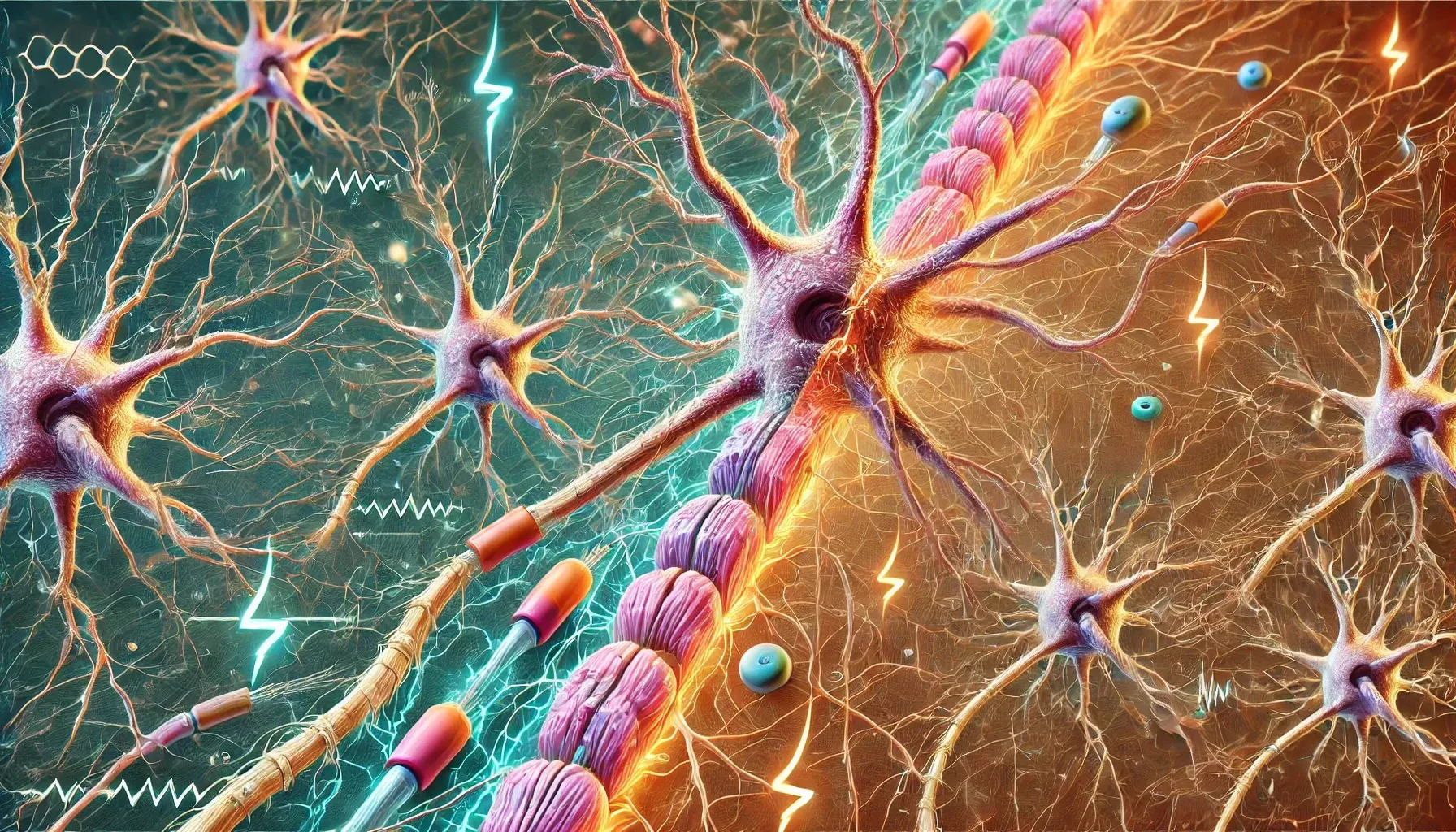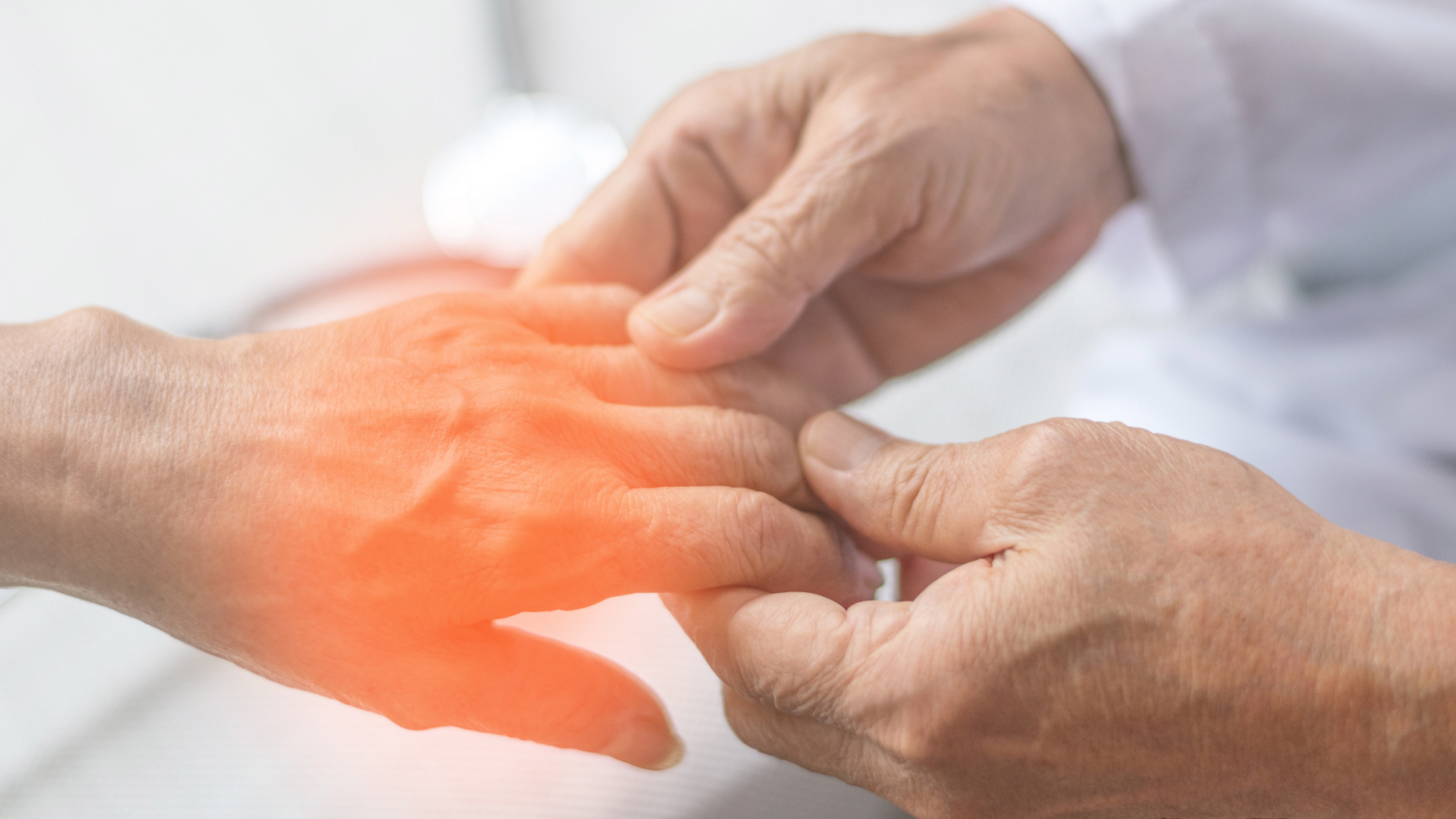Fort Worth's Favorite Sports Medicine Doctor...
Dr. Dombroski is one of the foremost head trauma, concussion, sports medicine, and neuropathy doctors in the United States.
His Fort Worth clinic is a go-to for people all over the country looking to heal from sports and neurological, and other conditions.
Our Hours
9:00am - 5:00pm
Monday - Friday
Service Area
Fort Worth, Dallas, and the surrounding communities.
Contact Us
Fax: 817-382-5217
*** When emailing, do not include personal information other than your name and phone number ***
Please bring your current insurance card and a photo ID to your office visit.
*** We are not a Primary Care office, we are a Sports Medicine office ***
Medicaid is not accepted.
Dr. Dombroski's Medical Specialties
Dr. Dombroski is a sports medicine specialist. Having worked as the sports medicine doctor for 2 White House Administrations
Our facilities are equipped with one of a kind sports medicine and physical rehab equipment
Dr Dombroski is highly skilled in the area of osteopathic manipulative medicine. He can gently restore your body to proper alignment, relieving pain and allowing the body to heal itself.
We have an FDA cleared device that uniquely uses AC microcurrent to help heal nerves, tendons, and muscles. It was developed to aid in pain management and reduce or eliminate the need for opioids.
Cranial Manipulation is a gentle hands-on treatment that assess the structure of the skull and soothingly corrects your alignment.
With state-of-the-art equipment, our practice is able to assist in concussion management, balance assessment and rehabilitation and work specific therapy.
Cranial and Craniosacral Therapy is a safe solution for infants It is a gentle non-medicinal treatment for chronic infant issues that can offer immediate relief.
We have state of the art equipment to assist you in your recovery. Dr. Dombroski’s can help get you back to work and play with the same ease you’re used to.
Regenerative joint injection stimulates the body’s natural healing process reducing joint pain and repairing injuries
Injections are ultrasound guided to ensure maximum effectiveness.
We offer non-surgical methods of tendon, cartilage, muscle and ligament reconstruction.
Why Choose Dr. Dombroski?
Dr. Dombroski is a Doctor of Osteopahy in Fort Worth, TX, with an amazing and diverse skill set to treat people in many conditions. He couples medicine and technology to create innovative treatments that help his clients regain and maintain their health.
Dr. Dombroski specializes in Sports Medicine, Neuro-Musculoskeletal Medicine, Neuropathy, Concussion Management, Platelet Therapy, and more all out of his clinic on the west side of Fort Worth, TX.
He has successfully treated multiple patients with different neuro-skeletal and neuromuscular disorders. His clinic also offers a wide range of medical services and is home to many innovative medical devices and machines.
Before retiring as a Colonel, Dr. Dombroski had been the sports medicine doctor for two White House administrations, worked at the Pentigon for over 20 years, and been a combat doctor on the front lines in Iraq and Afghanistan.
Dr. Dombroski’s goal is to work in tandem with a patient’s existing specialists and/or primary care doctor to provide additional treatment options that give each patient the ultimate care they deserve.
We are located in Fort Worth and treat patients all across the Dallas-Fort Worth Metroplex.
Google Maps Location:
